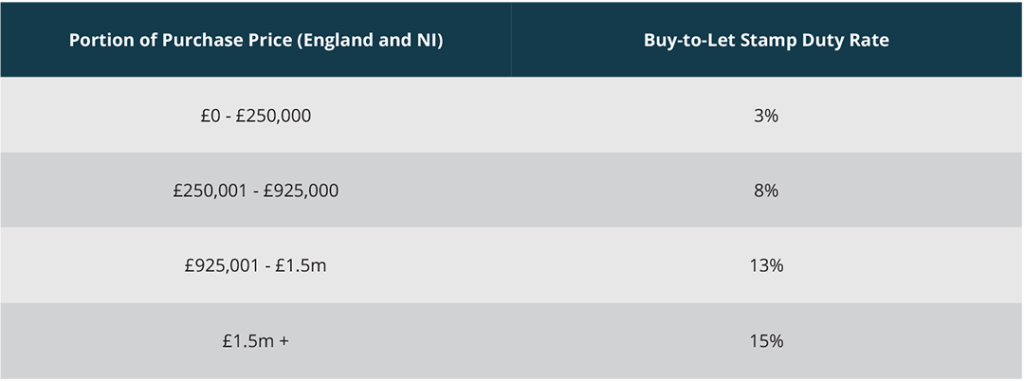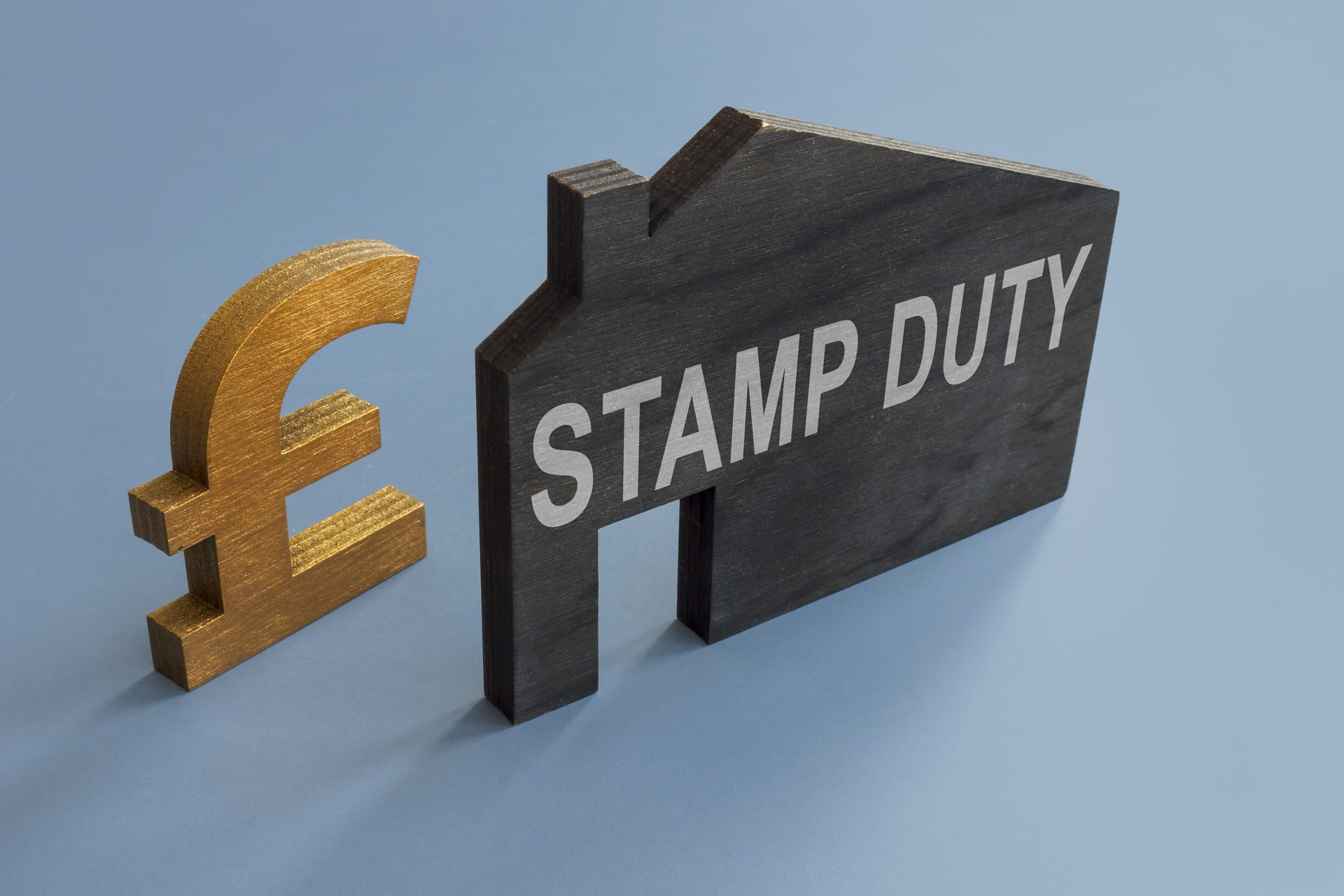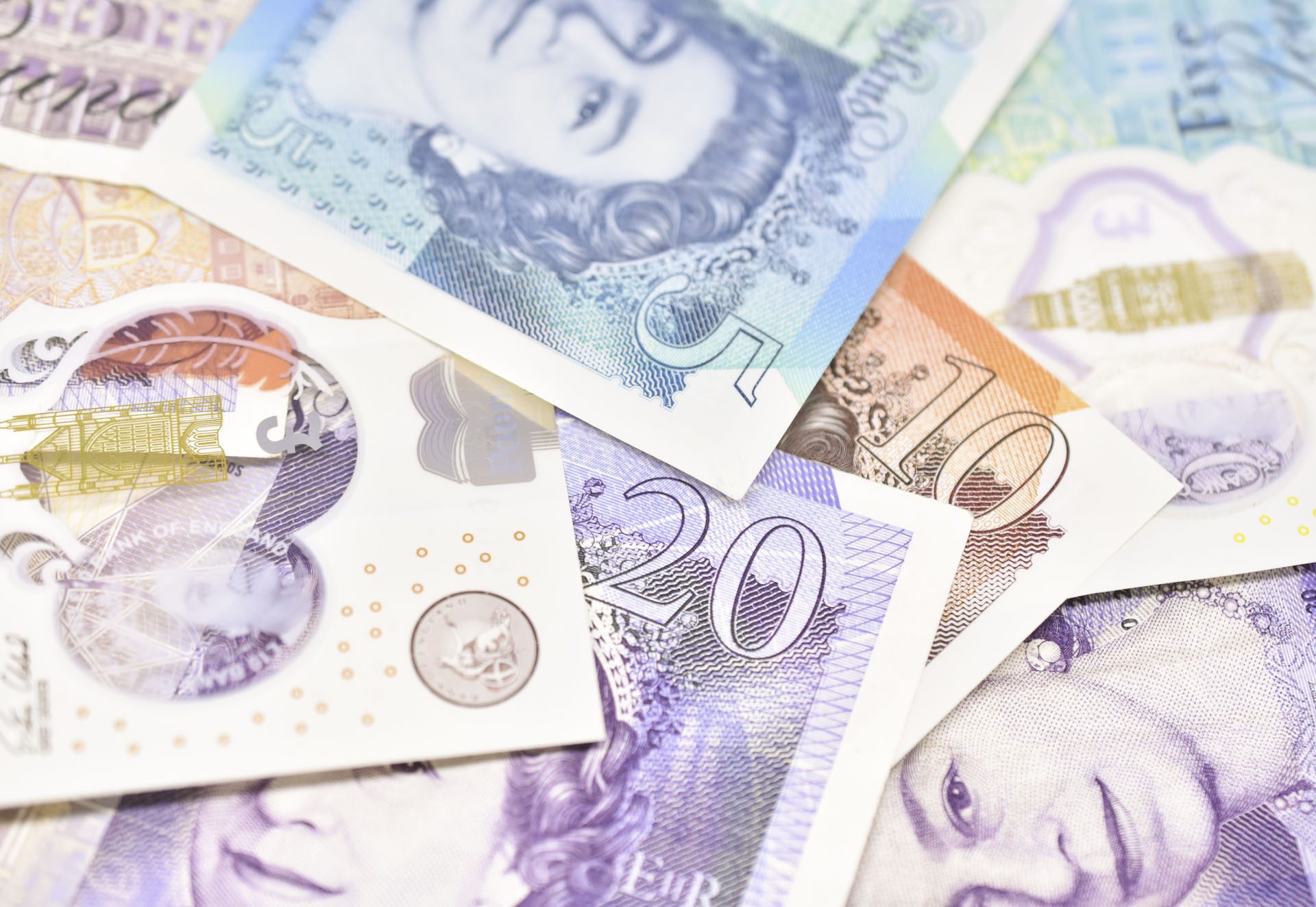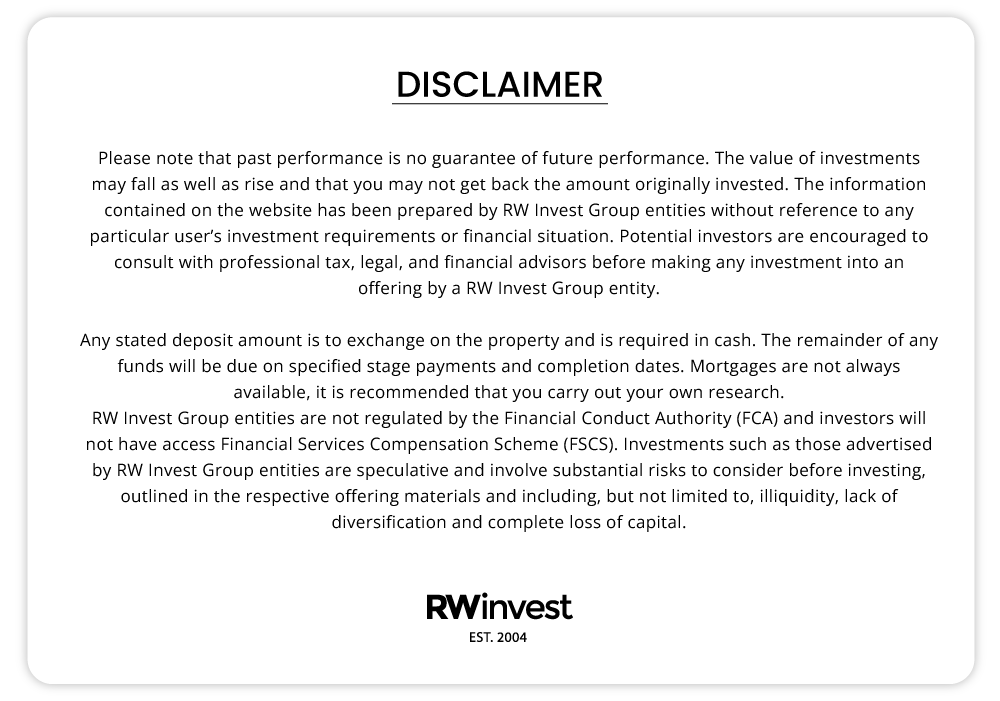September 2022 Mini-Budget Revealed
Last week saw the government announce its first mini-budget since Liz Truss became prime minister, revealing a stamp duty tax cut and other measures in a bid to keep the economy afloat.
Delivered by Chancellor Kwasi Kwarteng, the budget revealed several moves the government says are explicitly designed to boost the country’s economy through the current inflationary climate.
Most notably, the top 45% income tax rate was cut, while February’s National Insurance hike was reversed, allowing for “more money in people’s pockets.”
Also brought up was a “permanent” stamp duty cut, touted to keep the housing market afloat amid economic turbulence – slightly similar to the temporary stamp duty holiday seen during the Covid pandemic.
The Chancellor confirmed the Nil Rate band for stamp duty – the amount at which the tax becomes payable – was rising to £250,000 from 23 September 2022.
This means that no stamp duty tax will be paid on the first £250,000 of a property purchase, unless you’re purchasing a second property, such as a buy to let investment.
So Just What Do Property Investors Need to Know?


How to Build a Property Portfolio, Get Started Now!
Tips on how to start building your property portfolio with tools for success.
How Much Stamp Duty Will I Have to Pay on Buy to Let Property?
As of 23 September, stamp duty rates for those buying second homes or buy-to-let properties when they already own property elsewhere will continue to have a 3% surcharge.
This means you’ll pay the following rates:

If you’re a first-time buyer and the property you’re purchasing costs more than £625,000, you’ll pay the same rates of stamp duty as existing or previous homeowners.
For example, let’s say you’re an existing homeowner looking at buying a property for £200,000 to rent out as a buy-to-let.
You’re not a first-time buyer but will now own two properties.
What this means is you’ll now pay the additional home rate of stamp duty as follows:




Last Chance to Invest in Luxury Waterfront Apartments
Limited time offer! Back-to-market 1-bed units in one of our best-ever developments
What Does The Falling Pound Mean for UK Property Investment?
Also prominent in the headlines is the value of the pound, which fell to a record low against the U.S. dollar early Monday.
The UK’s economic situation is uncertain, and from a property investment perspective, some UK-based investors will undoubtedly be feeling the effects of the cost of living crisis and surging energy prices.
However, if you’re a foreign investor, this may provide a unique opportunity.
With the pound dropping in value, investing in foreign currencies will result in a higher yield than before, as currencies such as the dollar or the euro will be worth more than the pound.
This means that you would be able to invest for less money than before the pound began to drop, owing to this decreased value making UK investments comparatively cheaper overall.
As the UK’s economic and political instability calms over time, the pound will (hopefully) return to values similar to the beginning of the year.
So, international investors will need to make the most of this period of financial uncertainty whilst they still can.


Unbeatable Views, Unbeatable Returns
Secure a 2-bed apartment in this landmark development boasting panoramic views of Liverpool’s Waterfront.
Learning From History
It is also important to remember the property market’s resilience in times like this.
Unlike other sectors of the UK economy, the housing market is famously stable – partly since housing is a physical asset, which is always likely to see value grow over time.
For example, one of the last times that the pound fell considerably was in the aftermath of Brexit.
A report in 2017 found that foreign investors from Russia and South Africa saw considerable discounts on investment opportunities – around 21% compared to pre-referendum prices.
Meanwhile, those from the EU saw discounts of around 16% on property in the UK as a result of the falling pound.
If you’re interested in investing in UK property or want to learn more about the housing market’s current state, get in touch with our sales team today.
With over 17 years of experience in buy-to-let properties, they are sure to find you the best investments possible!





